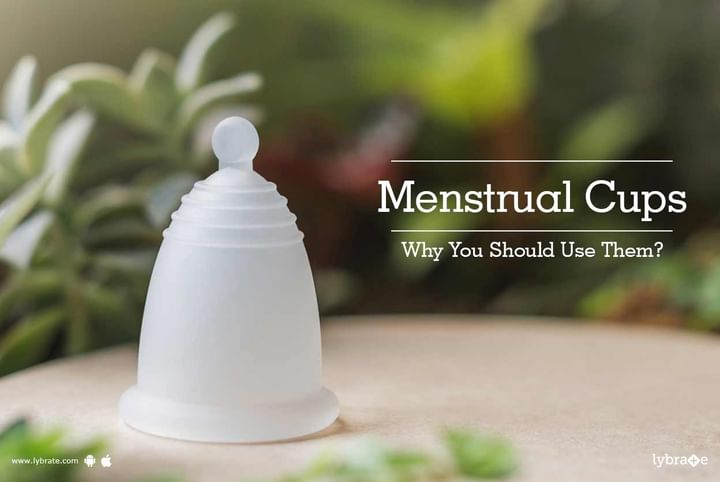Menstrual Cups - Why You Should Use Them?
A menstrual cup is a flexible cup designed out of medical grade silicone or rubber, which can be inserted inside the vagina. It is not used for absorbing blood; rather it collects the menstrual blood.
Advantages of menstrual cups over tampons
- Tampons are disposable. Menstrual cups can be cleaned, rinsed and reused.
- Need not be changed after every few hours. One can go without changing a menstrual cup for more than 12 hours.
- Easier to use compared to a tampon. The insertion is smoother and it is generally not very uncomfortable if insertion is done correctly.
- The menstrual cups need not be replaced frequently. Tampons however are needed in large numbers every month.
- Tampons absorb almost all the vaginal fluid, leaving it dry and prone to irritation. Menstrual cups on the other hand, leave the beneficial bacteria in place and maintain vaginal pH.
- Menstrual cups help prevent menstrual odours as it is present internally.
Reasons why you should use menstrual cups
Menstrual cups rarely cause allergic reactions, unlike tampons. One menstrual cup lasts an entire day, month and even years. They are also the most environment friendly choice as there is no need to dispose them after every use. They prevent staining, leakage and do not increase muscle cramps. There is no risk of TSS (Toxic Shock Syndrome) from menstrual cups, which is a major risk from leaving tampons inside the body for too many hours. Menstrual cups are also helpful if you are a swimmer. They don’t make things difficult for you at all. Menstrual cups are made from 100% medically approved silicone and not cotton or rayon. If you are unable to use tampons, you may choose menstrual cups as the insertion is generally smoother. However, it completely depends on individual preference. Menstrual cups also reduce the bulk of having to carry like sanitary napkins during travel, and urgent needs to change. Thus it makes a long journey worry free. No matter what protective measures you take, remember to be comfortable. Try and maintain a diet rich in nutrients, that can help regulate the blood flow and prevent painful blood clots. Also, it is important to remain physically active to prevent muscle cramps and back pain. If you wish to discuss about any specific problem, you can consult a gynaecologist.



+1.svg)
